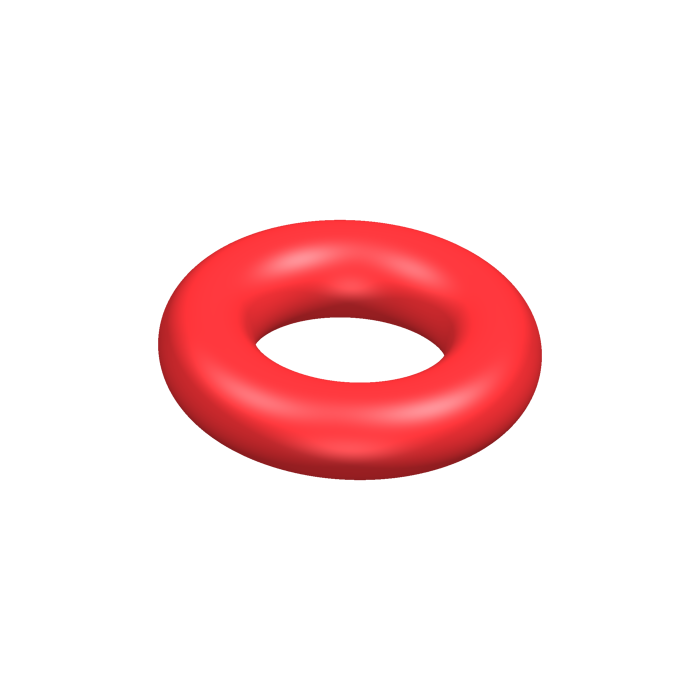Other Mathematical Interests Deep Topics
Algebraic Number Theory
I fell in love with number theory, during my sophmore year at Iowa State. A couple years later, I got the opportunity to do a readings course around Number Fields. The results are deep, beautiful, and intellectually stimulating. This study gave me the foundation to later consider ideas in class field theory, elliptic curves, and arithmetic algebraic geometry.
View NotesAnalytic Number Theory
My interest in analytic number theory began around an interest in the Riemann zeta function and $L$-functions. They both have analytic continuations to meromorphic functions, on the complex plane. These objects have deep connections to the prime numbers. $L$-functions give one a way to study arithmetic functions, and geometric problems, from an analytic point-of-view.
View NotesHarmonic Analysis
Harmonic analysis involves the study, of the behavior of functions, and often how a function oscillates. The business of Fourier analysis is closely related to the goals of harmonic analysis. The applications of harmonic analysis that I'm most familiar with, are those that appear in analytic number theory.
I got an introduction to Hardy spaces, during a second course in complex analysis. I found the area extremely interesting, and quite frankly, it changed my mathematical experience. This inquiry informed some later interests and teaching experiences.
View NotesMorse Theory & Algebraic Topology
One of the first applied problems encountered, in a first calculus course, are maximization problems. This involves finding the critical points, that is the zeros of the first derivative, and then evaluation of the second derivative. When $f''(x_0) = 0$, one has no information about what's happening about $x_0$. One attempts to bring these types of techniques to the study of smooth functions on some manifold. This was one of the most compelling topics I've encountered in mathematics, and my first exposure to it was my last semester of graduate school, in an independent study. It was, in this course, that I gained confidence, in my ability, to comprehend differential geometry.
My initial introduction to algebraic topology was not a happy one. However, as I explored its interconnections, with aspects of differential geometry, Morse Theory, and Lie Theory, I came to enjoy the subject. Often times, the requisite to an inquiry is finding the proper context to motivate the exploration.
View Notes


